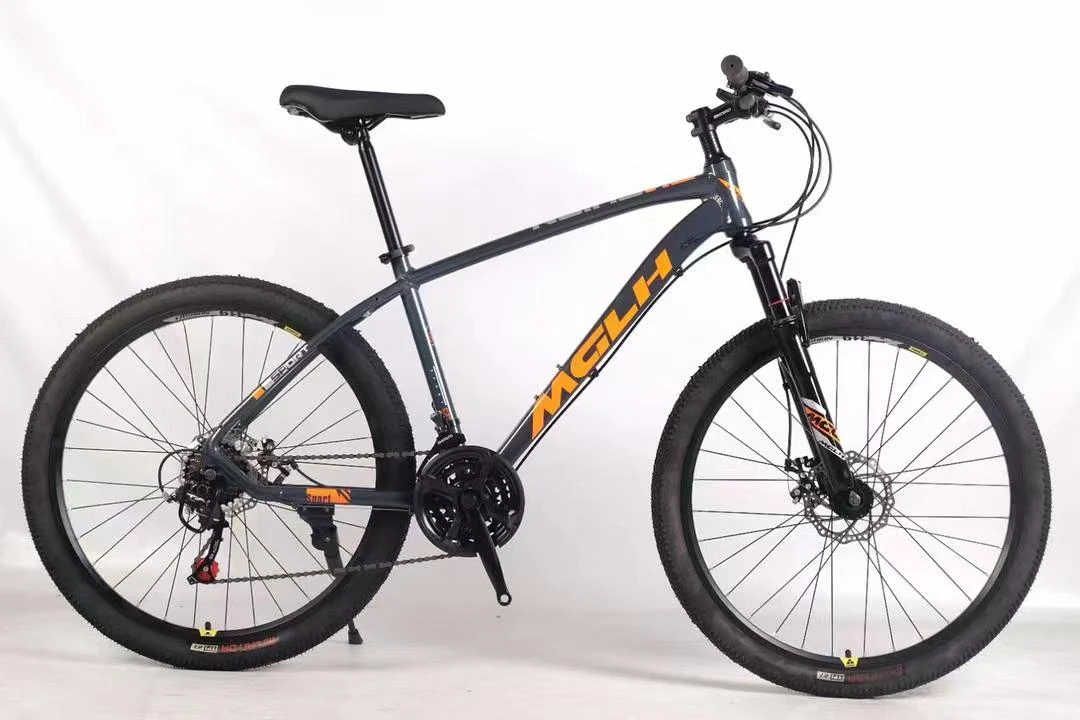
- Afrikaans
- Albanian
- Amharic
- Arabic
- Armenian
- Azerbaijani
- Basque
- Belarusian
- Bengali
- Bosnian
- Bulgarian
- Catalan
- Cebuano
- Corsican
- Croatian
- Czech
- Danish
- Dutch
- English
- Esperanto
- Estonian
- Finnish
- French
- Frisian
- Galician
- Georgian
- German
- Greek
- Gujarati
- Haitian Creole
- hausa
- hawaiian
- Hebrew
- Hindi
- Miao
- Hungarian
- Icelandic
- igbo
- Indonesian
- irish
- Italian
- Japanese
- Javanese
- Kannada
- kazakh
- Khmer
- Rwandese
- Korean
- Kurdish
- Kyrgyz
- Lao
- Latin
- Latvian
- Lithuanian
- Luxembourgish
- Macedonian
- Malgashi
- Malay
- Malayalam
- Maltese
- Maori
- Marathi
- Mongolian
- Myanmar
- Nepali
- Norwegian
- Norwegian
- Occitan
- Pashto
- Persian
- Polish
- Portuguese
- Punjabi
- Romanian
- Russian
- Samoan
- Scottish Gaelic
- Serbian
- Sesotho
- Shona
- Sindhi
- Sinhala
- Slovak
- Slovenian
- Somali
- Spanish
- Sundanese
- Swahili
- Swedish
- Tagalog
- Tajik
- Tamil
- Tatar
- Telugu
- Thai
- Turkish
- Turkmen
- Ukrainian
- Urdu
- Uighur
- Uzbek
- Vietnamese
- Welsh
- Bantu
- Yiddish
- Yoruba
- Zulu
Dec . 20, 2024 09:22 Back to list
Converting 9 Speed to 12 Speed for Mountain Bikes Explained and Simplified
Understanding the Conversion from 9-Speed to 12-Speed MTB Systems
Mountain biking has evolved significantly over the years, with technological advancements leading to enhanced performance, durability, and user experience. One of the most notable changes is the transition from 9-speed to 12-speed bicycle drivetrain systems. This article will explore the implications of this conversion for mountain bikers, including benefits, challenges, and considerations for those looking to upgrade their bikes.
The Basics of Drivetrain Systems
Before diving into the details of conversion, it’s essential to understand the function of a mountain bike’s drivetrain. A drivetrain is comprised of components such as the chain, cassette (or freewheel), derailleurs, shifters, and cranks. The number of gears (speed) reflects how many different gear ratios the bike can achieve, affecting everything from climbing steep hills to maintaining speed on flat terrain.
In a 9-speed system, the drivetrain has nine different gear ratios, while a 12-speed system offers twelve. The increase in gear options allows riders to find the optimal cadence and power output based on their riding conditions and personal preferences.
Benefits of Upgrading to a 12-Speed System
1. Wider Gear Range One of the most significant advantages of a 12-speed system is the wider gear range. This extra gear allows for a greater variety of gear ratios, making it easier to tackle steep climbs and maintain speed on descents. Riders can find a more efficient cadence, reducing fatigue over long rides.
2. Smoother Shifting Modern 12-speed drivetrains benefit from advanced engineering that provides smoother and more precise shifting. This is particularly advantageous when navigating technical terrain, as quick and reliable gear changes can mean the difference between maintaining momentum or coming to a standstill.
3. Improved Chain Line 12-speed systems typically feature wider cassettes and narrower chains, which can improve chain line and chain retention. A better chain line reduces wear on components and the likelihood of dropping the chain, especially when riding off-road.
9 speed to 12 speed conversion mtb

4. Enhanced Durability The materials and technology used in 12-speed systems can lead to increased durability. Many components are designed to withstand harsher riding conditions and provide longer service intervals compared to older systems.
Challenges of Conversion
While upgrading to a 12-speed system has many benefits, there are challenges that riders must consider
1. Cost Converting from a 9-speed to a 12-speed system can be expensive. Riders may need to replace multiple components, including the cassette, derailleurs, shifters, chain, and possibly the crankset. If the bike frame does not accommodate the new components, further modifications or an entire bike upgrade may be necessary.
2. Compatibility Issues Not all parts are compatible between the different speed systems. Riders need to ensure that their existing components can work with the new drivetrain. For example, the spacing of 12-speed cassettes is different, so a new hub may be required.
3. Maintenance With more gears comes the need for increased maintenance and care. Riders might find that they have to clean and lubricate their 12-speed systems more often due to the tighter tolerances and the increased complexity of the components.
Making the Decision
Before deciding to upgrade from a 9-speed to a 12-speed system, consider your riding style, terrain, and budget. Casual riders who mostly navigate flat surfaces may not require the advantages of a 12-speed setup, while avid mountain bikers tackling varied and challenging trails could benefit significantly from the improved gear range and shifting performance.
In conclusion, the conversion from a 9-speed to a 12-speed mountain bike drivetrain opens up new possibilities for performance and efficiency. While the advantages are compelling, riders should weigh the cost, compatibility, and maintenance realities before making the transition. Whether you choose to upgrade or stick with your current setup, understanding these systems will help you get the most out of your mountain biking experience.
-
The Ultimate Kids' Four-Wheeler Experience
NewsJul.09,2025
-
The Ultimate Guide to Mountain Bikes: Gear Up for Your Ride
NewsJul.09,2025
-
The New Age of Cycling: Electric Bikes for Every Rider
NewsJul.09,2025
-
The Best Kids Bicycles: Ride in Style and Safety
NewsJul.09,2025
-
The Best 3-Wheel Scooters for Kids: Fun, Safety, and Adventure
NewsJul.09,2025
-
Revolutionize Your Ride: Affordable Electric Bikes
NewsJul.09,2025
-
Finding the Perfect Mountain Bike for Every Rider
NewsJul.09,2025



